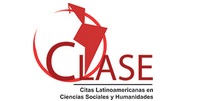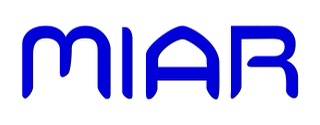Futuros docentes peruanos frente a la educación mediática: entre la deuda y la esperanza
DOI:
https://doi.org/10.32870/dse.vi24.900Resumo
Este artículo explora los conocimientos y actitudes de docentes en formación peruanos sobre la educación mediática como estrategia para formar ciudadanos mediáticos, es decir, críticos y creativos frente a las TIC para ejercer su ciudadanía. En un contexto de pandemia global en que dependemos de las tecnologías para garantizar el ejercicio del derecho a la educación y en un escenario donde los flujos de información se multiplican, resulta pertinente discutir los términos en que el estudio de las TIC debe ser incorporado en la formación inicial docente. Para conocer la voz de los futuros docentes realizamos cuatro grupos focales con algunas de las instituciones educativas más importantes del Perú. Los resultados dejan ver que los docentes son críticos del papel educativo de los medios de comunicación, pero también lo son de sus propias carencias como profesionales para comprenderlos, manejarlos, apropiarse de ellos e integrarlos en el aula, más allá de su presencia como auxiliares didácticos. En ese sentido, acusan una falta de formación sobre las TIC desde una dimensión sociocultural que supere la mirada instrumental, y sugieren la necesidad de incorporarlas en los planes de estudio, como parte de su formación integral.Downloads
Downloads
Publicado
Edição
Seção
Licença
Esta obra está bajo una licencia internacional Creative Commons Atribución-NoComercial 4.0.
Una vez que los manuscritos son aceptados por los evaluadores para ser publicados, los autores deberán de suscribir una carta de cesión de derechos en favor de la Universidad de Guadalajara para la edición, publicación y difusión de su obra. Ya que sea notificada la publicación de su manuscrito, el editor de la revista le enviará un correo electrónico con el formato de la carta de cesión de derechos.















